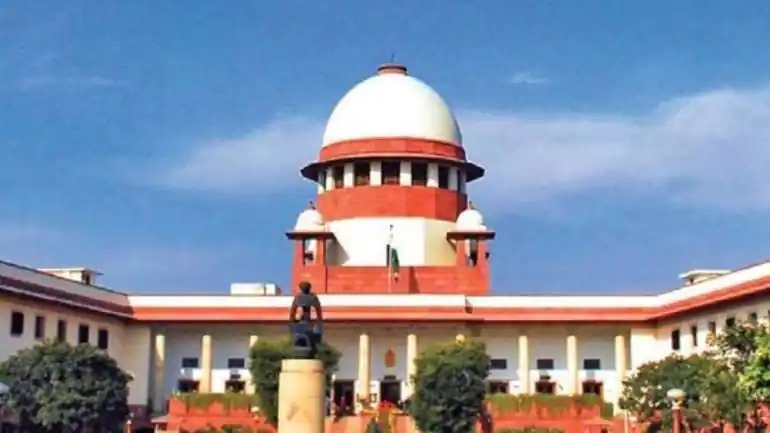The Supreme Court of India has rebuked Tamil Nadu Governor R.N. Ravi for the protracted delay in approving pending bills, raising questions about his inaction spanning the last three years. The apex court’s strong stance has led to a detailed response from the state’s Advocate General, R. Venkataramani.
The crux of the matter revolves around the extended delay in the governor’s approval of bills that were passed by the assembly in January 2020. The Supreme Court had previously voiced concerns on November 10, prompting Ravi to return the bills to the legislature, withholding his assent. The delay has been characterized by the ruling DMK government as a “constitutional deadlock,” alleging that it has paralyzed the state administration.
A three-judge bench, headed by Chief Justice of India D.Y. Chandrachud, delved into the governor’s actions over the past three years during the legal standoff. The court emphasized that the governor should not await parties to approach the Supreme Court, responding to the state’s petition claiming a standstill in the administration due to the governor’s inaction.
Advocate General R. Venkataramani responded to the court’s scrutiny by presenting a detailed report. Out of 181 bills received by Raj Bhavan between 2020 and 2023, 152 received the governor’s assent, according to Venkataramani. He noted that 10 of the 12 bills in question were returned on November 13, with two currently awaiting consideration by the President.
In response to the delayed approval, the state government convened a special session of the assembly, “re-passing” the 10 returned bills, promptly sending them back to the governor. The court raised questions about the governor forwarding a bill for the President’s consideration after it had been re-passed by the House. Senior counsel for the state argued that the governor must give assent to a bill that has been re-passed by the legislature.
The legal saga extends beyond bill approval, with the state expressing dissatisfaction with the governor’s pace in granting permissions for investigations. Venkataramani clarified that permissions were granted for the investigation of two former AIADMK ministers and a state vice-chancellor. Notably, the governor sought an authenticated investigation report for one minister, while the file for the other remains under consideration.
Additional concerns were raised regarding the governor’s alleged delays in the premature release of life convicts. The AG informed the court that Ravi had approved 362 of the 580 proposals since assuming office in September 2021, with 165 requests rejected and 53 pending.
DMK spokesperson Manuraj Shunmugasundaram accused the governor of hastily returning the bills to the assembly after the state approached the Supreme Court. He suggested a political undercurrent, claiming that such delays typically occur in non-BJP states, framing it as a “political ploy” executed by governors nationwide.
As the legal standoff unfolds, the spotlight remains on the constitutional responsibilities of governors and the far-reaching implications of their actions on the functioning of state governments. The next hearing on December 1 is eagerly awaited for further developments in this ongoing legal drama.

